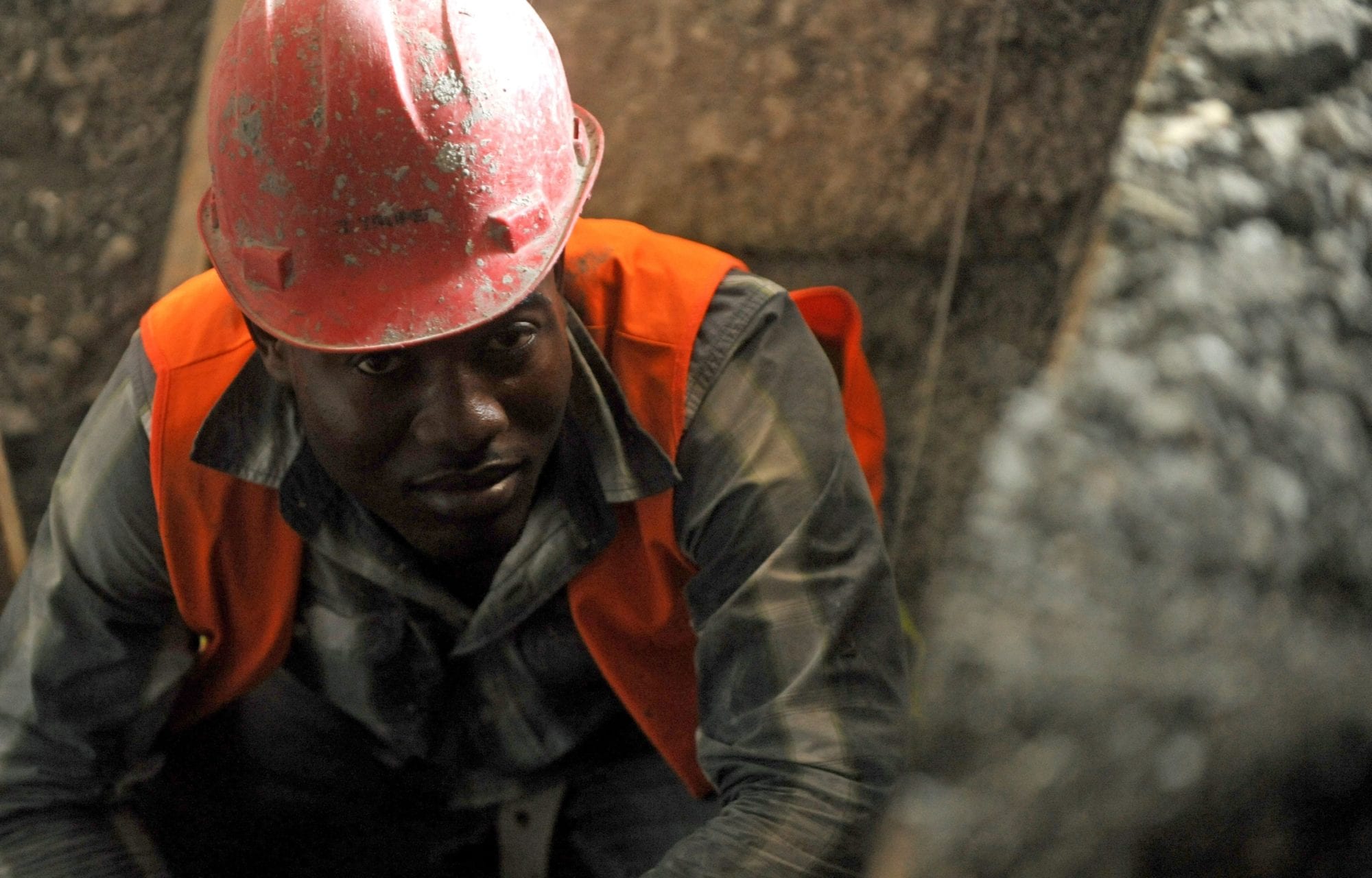Tens of thousands of Dominicans of Haitian descent and Haitian migrant workers face imminent deportation from the Dominican Republic in a “crisis that has been building for many years,” says Cathy Feingold, AFL-CIO International Department director. “There is a long legacy of discrimination against workers and families of Haitian descent,” according to Feingold, who moderated a panel on the issue Tuesday in Washington, D.C.
“The Loss of Citizenship and Mass Deportation of Families of Haitian Descent from the Dominican Republic” brought together experts who discussed the nearly impossible hurdles Dominicans of Haitian descent were required to meet to qualify for a status that would allow them to apply for naturalization. June 17 was the deadline for registering with the government, which has not yet begun mass deportations.
Although the government advertised the registration process as free, saying only a handful of documents would be required, the reality has been far different, said Maritza Vargas, secretary general of SITRALPRO, the union for workers at the Alta Gracia Project in the Dominican Republic.
Speaking on the panel, she said when workers tried to register at government offices, they were first told they needed a couple documents—but later informed they needed up to 12 documents, the gathering of which comes at costs the equivalent of two or more months’ wages, sums that poor workers cannot afford. The hurdles are compounded by the Haitian government’s inability to rapidly provide documents and the Dominican government’s failure to open offices sufficiently staffed to handle registrations.
The Dominican government is justifying its move to deport Dominicans of Haitian descent by saying everyone had a chance to register, said Wade McMullen, staff attorney for Partners for Human Rights at the Robert F. Kennedy Center for Human Rights. Yet “the government created a system in which they can’t win. Under the guise of the rule of law, tens of thousands of Dominican citizens are being converted into undocumented migrants.”
Because of a 2013 Constitutional Court ruling, people born in the Dominican Republic—many of whom speak only Spanish and have never been to Haiti—must renounce their Dominican citizenship and apply for Haitian papers, said Lauren Stewart, Solidarity Center senior program officer for Dominican Republic and Haiti.
A 2014 report by the Solidarity Center and AFL-CIO called the ruling an “egregious abuse of fundamental human rights and a clear violation of international law.”
While a later presidential decree recognized the citizenship of roughly 68,000 people, an additional 130,000 Dominican natives who never had documents were forced to prove birth in the Dominican Republic to apply for Haitian citizenship and apply for regularization in the country of their birth with Haitian documents. Only about 10,000 of these people applied under the plan. Dominicans of Haitian descent and Haitian migrant workers constitute at least 6 percent of the Dominican population, Stewart said.
The Network of Support to Migrant Workers of the National Confederation of United Trade Unions (CNUS) and the Migrant Justice Movement are calling for the regularization plan to be extended at least until the end of year. The coalition, which includes unions and migrant organizations, formed at a 2014 advocacy training organized by the Solidarity Center. The Solidarity Center and its union partners have held trainings with workers on the regularization process and assist those seeking to register with the government.

